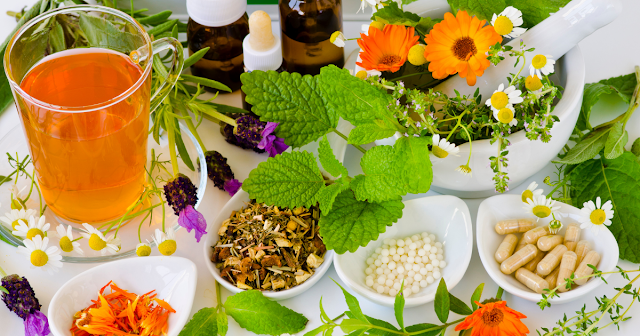Understanding Blood Sugar Levels
Blood sugar, or glucose, is the primary source of energy for the body's cells. Managing its levels is vital for proper bodily function. Factors like diet, exercise, stress, and genetics influence blood sugar regulation.
Herbs and Their Impact on Blood Sugar
Cinnamon: Nature's Blood Sugar Regulator
Cinnamon has compounds that mimic insulin, aiding in glucose transportation into cells. It's shown promising results in lowering fasting blood sugar levels.
Fenugreek: Ancient Remedy for Blood Sugar Control
Fenugreek seeds contain soluble fiber, supporting improved blood sugar levels. It slows down the absorption of carbohydrates and enhances insulin sensitivity.
Ginger: Blood Sugar Stabilizer
Ginger exhibits anti-diabetic properties by enhancing insulin sensitivity and reducing insulin resistance. It helps regulate blood sugar effectively.
Turmeric: A Potent Antioxidant and Blood Sugar Balancer
Curcumin in turmeric acts as an anti-inflammatory and antioxidant, supporting improved insulin sensitivity and lowering blood sugar levels.
How Do Herbs Work on Blood Sugar?
These Herbs That Lower Blood Sugar Fast function through various mechanisms:
- Regulation of Insulin Sensitivity
- Inhibition of Sugar Absorption
- Enhancement of Glucose Metabolism
Using Herbs Safely and Effectively
While these herbs offer benefits, their dosage, potential side effects, and interactions with medications must be considered. Consultation with a healthcare professional is advisable.
Lifestyle and Diet Modifications
Incorporating regular exercise, a balanced diet, and stress management alongside these herbs can optimize blood sugar control.
Consultation and Professional Guidance
Always seek medical advice before starting any herbal supplements. Discuss with healthcare providers to align herbs with existing treatments and monitor blood sugar levels.
Conclusion
Herbs like cinnamon, fenugreek, ginger, and turmeric show promise in supporting blood sugar management. However, a holistic approach combining herbs, lifestyle changes, and professional guidance is essential for effective control.
FAQs on Herbs Lowering Blood Sugar
1. Are these herbs a replacement for medication?
These herbs can complement treatment but should not replace prescribed medication without consulting a doctor.
2. Can anyone use these herbs?
Individual responses to herbs vary. Consultation with a healthcare provider is crucial, especially for those with existing medical conditions or on medications.
3. How long does it take for these herbs to show effects?
Results vary depending on individual health conditions. Consistency in usage is essential for observing benefits.
4. Are there any risks associated with these herbs?
While generally safe, these herbs might have interactions with medications or cause allergic reactions in some individuals.
5. Can these herbs cure diabetes?
They aid in managing blood sugar levels but should not be considered as a cure for diabetes. A holistic approach is necessary for diabetes management.





